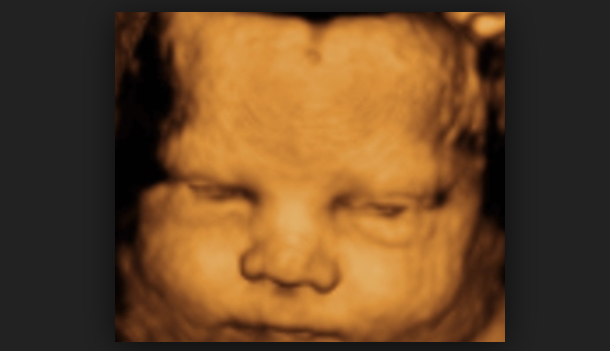A second New Mexico county just voted to enact legislation to protect unborn babies from abortion.
On Tuesday, Roosevelt County joined Lea County and several New Mexico cities in passing pro-life ordinances in recent months. In New Mexico, abortions are legal for any reason up to birth, and abortion businesses have been eyeing cities along the state border as new locations after Texas banned abortions.
KRQE News reports the Roosevelt County Commission voted 4-1 in favor of the ordinance Tuesday evening after listening to two hours of public comments.
The “Ordinance Requiring Abortion Providers in Roosevelt County to Comply With Federal Law” says abortion providers must follow a federal law that prohibits abortion-inducing drugs and devices from being shipped or received. The ordinance puts enforcement in the hands of private citizens, allowing them to sue abortionists for violations.
The measure only applies to the unincorporated areas of Roosevelt County; incorporated cities that want to protect unborn babies from abortion must pass their own ordinances.
Mark Lee Dickson, director with Right to Life of East Texas and founder of the Sanctuary City for the Unborn movement, said the Roosevelt vote makes two counties and 63 cities across the U.S. that have passed enforceable ordinances to protect unborn babies from abortion. The ordinances differ by location but each has the goal of saving babies from abortion.
Follow LifeNews on the MeWe social media network for the latest pro-life news free from Facebook’s censorship!
“New Mexico truly is pro-life!” Dickson wrote on Facebook after the vote.
He added: “Like the ordinance passed in Lea County, and like the ordinances passed in the cities of Hobbs and Clovis, the Roosevelt County Ordinance functions as a de facto abortion ban. By requiring any abortion provider within the unincorporated area of Roosevelt County to comply with federal laws on abortion prohibiting the mailing or receiving of any abortion-inducing drugs or abortion-related paraphernalia, the ordinance makes it impossible for any abortion facility to function legally – even if they were to get their equipment or pharmaceuticals from elsewhere within the state.”
The New Mexico cities of Clovis and Hobbs also passed similar ordinances within the past three months, and others are considering similar measures.
When Texas began protecting unborn babies through its historic heartbeat law in 2021, the abortion industry turned its sights to New Mexico border towns. New Mexico allows abortions for any reason without restriction – making it easy for abortion facilities to do a lucrative business killing babies in the womb.
Hobbs residents recently learned that a Texas-based abortion chain was considering their town as a location for one of its new abortion facilities, but the city council’s action stopped that from happening. Instead, pro-life advocates with Abortion on Trial said the abortion chain decided to purchase a property on Lomas Boulevard in Albuquerque under the name “Stirrups.”
Other cities across the country also are considering ordinances to protect unborn babies from abortion this winter.
A growing grassroots movement is working to protect unborn babies at the local level. To-date, 63 cities in Texas, Ohio, Nebraska and New Mexico have passed Sanctuary City for the Unborn ordinances that protect unborn babies by banning or restricting abortions and/or abortion facilities within city limits.
Other cities and counties have passed pro-life resolutions, which are statements of support but not enforceable law, that recognize unborn babies’ right to life. In Arkansas, 19 counties and 10 cities and towns have passed pro-life resolutions, according to Family Council of Arkansas. Several North Carolina counties passed pro-life resolutions recently, too, and the New Mexico county commissioners of Otero approved a resolution in July condemning the pro-abortion laws in their state.








